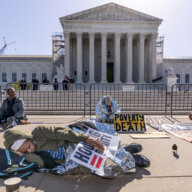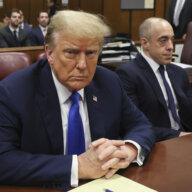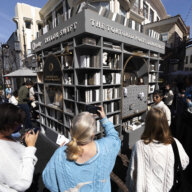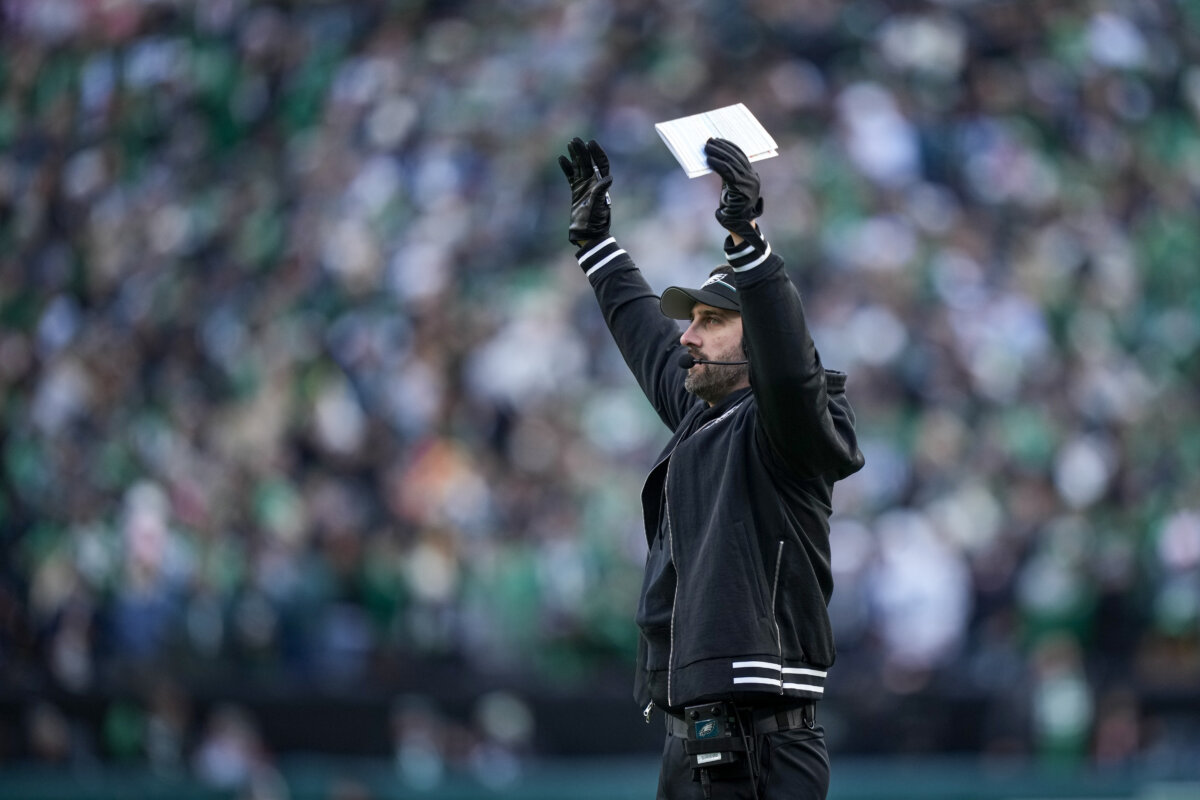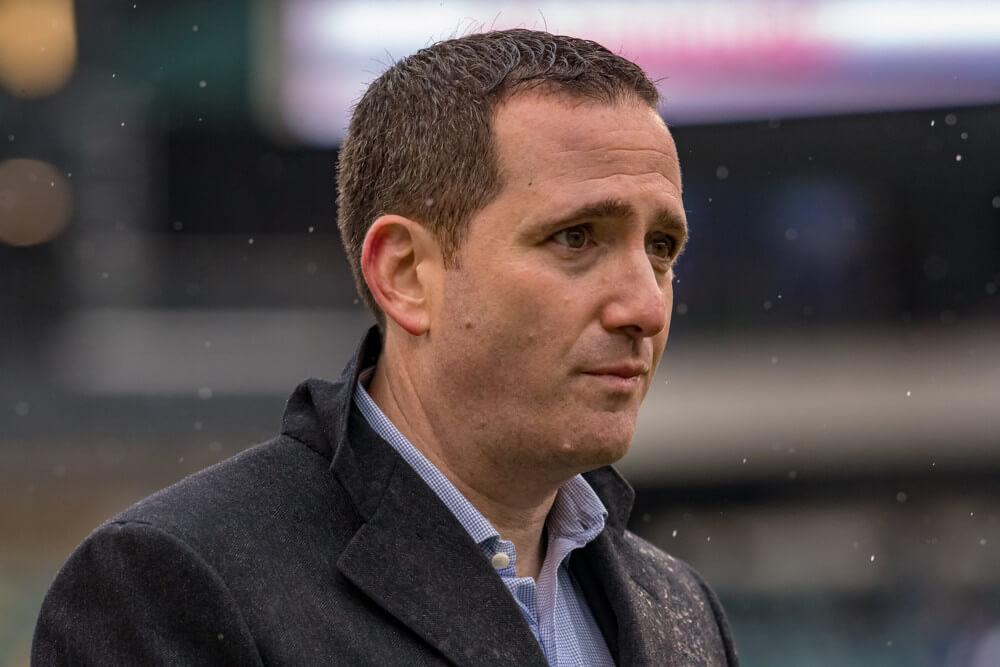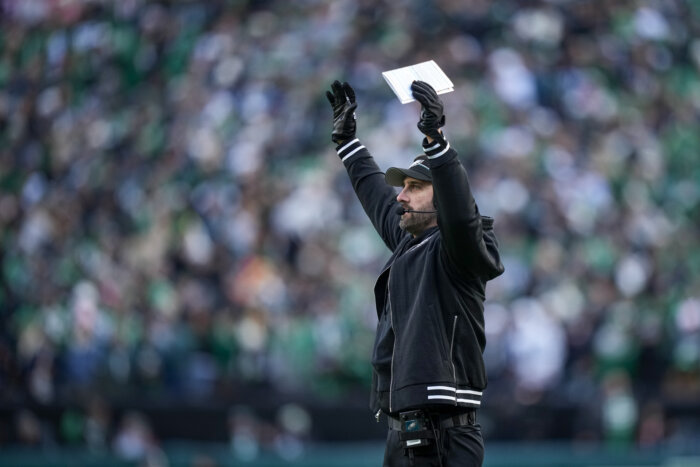The athletic director of Temple University joined in with reaction to the sanctions imposed against Penn State by the NCAA on Monday.
The university’s football program was hit hard Monday with a $60 million fine, a four-year bowl ban, a loss of scholarships and the vacating all wins from 1998 to 2011 after the Freeh report released last week showed high-level university officials failed to act regarding assistant football coach Jerry Sandusky.
Temple Athletic Director Bill Bradshaw called the penalties crippling.
“Crippling is another word that comes to mind in terms of what the impact could be on not only the university, but certainly athletics and the football program,” he told Metro. Bradshaw noted that the ramifications could hurt the football program for up to eight years. “Taking away 20 scholarships a year, that’s going to impact recruiting, that could impact scheduling, a lot of things you depend on to be successful.
“…In football, to build a program – and certainly Temple knows this better than anybody – when you’re way down, it takes a long time to get back up. You really need redshirt seniors and that takes four or five years. The crippling effect may not be known for several years.”
Several top prospects have reportedly already decommitted and the rippling effects may continue for a few more years.
Bradshaw also described the NCAA decision as controversial because the association did not even convene its Infractions Committee on the subject.
“[It is] crossing a line here a little bit. It’s all new territory for us,” Bradshaw said. “The timing of it is curious. I believe it’s controversial within our organization and certainly within the media.”
Bradshaw wasn’t the only one reacting with surprise to the NCAA decision. Students and fans have been venting on Twitter since the press conference.
Epic rebuilding lies ahead for Penn State
The governing body of U.S. college sports fined Penn State University
$60 million and voided its football victories for the past 14 seasons in
an unprecedented rebuke for the school’s failure to stop coach Jerry
Sandusky’s sexual abuse of children.
NCAA President Mark Emmert said
the school had put “hero worship and winning at all costs” ahead of
integrity, honesty and responsibility.
Penn State was not given the
so-called “death penalty” that could have suspended its football program
but its punishment was very by many as potentially even worse in the
longterm.
The punishment, announced by the National College Athletic
Association at a news conference in Indianapolis, was unprecedented for
its swiftness and breadth. It was the latest blow to an institution
still reeling from Sandusky’s conviction last month on child molestation
charges.
The case was another blotch on the diminishing legacy of
Paterno, who until Monday’s action had held the record for victories
among big-time U.S. college football coaches in a career that spanned
more than 40 seasons. Paterno lost that status since the NCAA’s
punishment includes voiding the Nittany Lions’ victories between 1998
and 2011.
Emmert said the NCAA chose not to levy the so-called “death
penalty” because it would have harmed individuals with no role in the
Sandusky scandal.
“One of the grave damages stemming from our love of
sports is that the sports themselves can become too big to fail, indeed
too big to even challenge,” Emmert said. “The result can be an erosion
of academic values that are replaced by the value of hero worship and
winning at all costs.
Alan Milstein, a sports lawyer who took on the
NFL over its eligibility rules, said he agreed with much of the penalty
but faulted the NCAA’s decision to reduce scholarships and impose a
hefty fine.
“I don’t know how you can say that money does not come
out of essentially the students’ pockets, whether it results in
increased tuition or a lessening of academic services.” -Reuters
Sanctions
A fine of $60 million to be used to fund a foundation to help victims of child sex abuse. The fine is equivalent to the one-year gross revenue of the football program.
The football team is banned from bowl games and other post-season games for four years.
A reduction in the number of football scholarships to 15 from 25 per year for four years. Any returning football players can transfer to other schools immediately with no restriction.
The team’s wins from 1998 through to 2011 are voided.
A five-year probationary period during which a third party monitor will work with the university to promote academic integrity and compliance with the recommendations of the Freeh Report.









